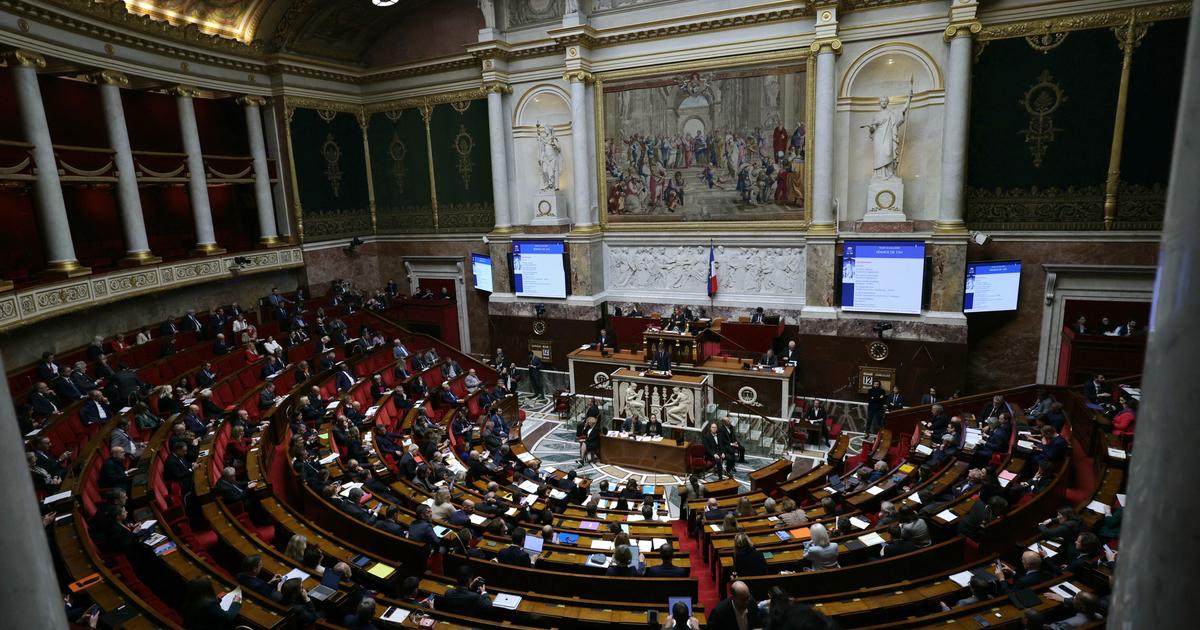“In the current global context”
, France is
“particularly exposed to attempts at espionage and interference”
, warned the head of the DGSI Nicolas Lerner last year to French MPs. The head of French domestic intelligence warning parliamentarians in particular
“about the risks that there could be in attaching their name to a particular company or joining a particular board of directors”
.
Tuesday and Wednesday, the National Assembly studied at first reading a bill proposed by Renaissance deputy Sacha Houlié, and welcomed by the government for breaking with
“a form of naivety and denial which has long prevailed”
.
“The war on our continent has allowed a collective awareness of the need to protect our sovereignty
,” said the elected representative of the majority.
According to an amendment tabled to the first article by Renaissance MP Benjamin Haddad, idea laboratories will have to make their foreign funding public. This measure aims to
“improve the transparency and readability”
of these structures which
“contribute to the dynamism of the French intellectual debate and enlighten the political decision-maker in his action”,
reported on X the deputy who himself officiated as researcher in international relations, notably within the Atlantic Council, an American think tank where he directed the “Europe” center. Ideas laboratories “
benefit from tax exemptions; it is therefore natural to demand transparency of their financing for the general public,”
the MP also rejoiced after the adoption of the amendment.
Register of foreign interests
The text of the law also has the primary ambition of creating a register of
“actors influencing French public life on behalf of a foreign power”
.
“Inspired”
by American and British legislation, this register, which would be managed by the High Authority for Transparency in Public Life (HATVP), aims in particular to
“strengthen the information of public officials and elected officials on the nature of their foreign interlocutors.
This includes, among others, lobbyists, communicators, companies under state control or foreign political parties. If these
“representatives of interests acting on behalf of a foreign principal”
are prosecuted for having tried to exert financial influence or to influence public decision or opinion, they face three years of imprisonment and 45,000 euros of fine. fines as well as expulsion. For legal entities, the fine can rise to 255,000 euros.
Read alsoThe boss of Viginum, the state arm which tracks foreign interference on the internet, in Le Figaro: “Russia asserts itself as the most aggressive actor”
Note that, according to two other amendments tabled by the rapporteur, Member States of the European Union are excluded from the definition of foreign mandates, as well as members of diplomatic and consular staff stationed in France duly authorized in their representation mission. of their states.
The text of the law also provides for the submission of a government report each year to Parliament on the issue of foreign interference, the extension of the procedure for freezing assets to the fight against foreign interference and no longer just against terrorism. The text finally proposes to extend the algorithm technique, currently used by intelligence in the fight against terrorism, to national defense and
“major foreign policy interests”
in particular against foreign interference. The text is expected in the upper house in May.

